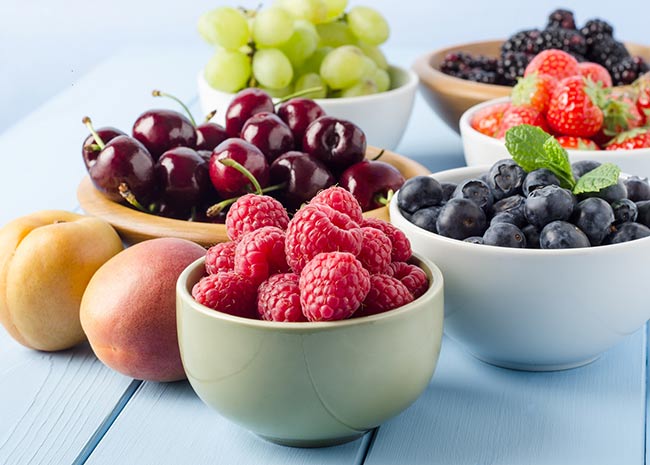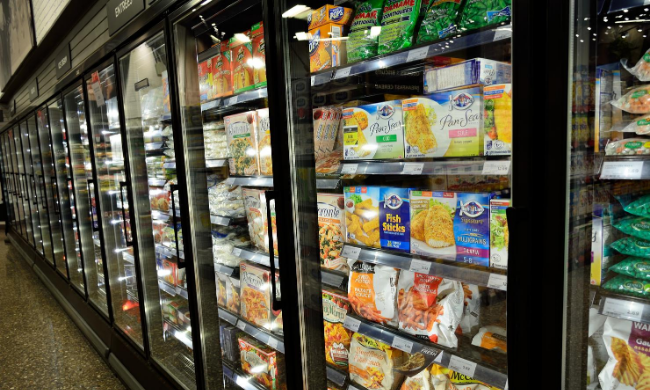Researchers create antibacterial food wrapping
A Canadian team has developed a way to use viruses to kill food-contaminating bacteria. According to a study published in the journal ACS Biomaterials Science and Engineering, scientists have developed a food wrapping that has viruses embedded in it to kill bacteria that cause food contamination.
Channel News Asia reports that McMaster University Professor Carlos Filipe said the sugar-glass film could be used in the food packaging and processing industries to help prevent foodborne illnesses.

The viruses or bacteriophages, also known as phages, in the food wrapping can be kept stable for up to three months. Unlike antibiotics, which wipe out all bacteria, the viruses work by specifically taking out single strains of germs.
From Channel News Asia:
Phages are naturally found on fruits and vegetables, and do not affect the smell, taste, safety or appearance of food. Because of these characteristics, Filipe and his team decided to investigate these bacteria-eaters’ suitability to promote food safety.
However, incorporating phages into food packaging has been challenging as drying them out before they can be added to different types of films kills the viruses. Other methods used to stabilize them required special handling or equipment.
The researchers found that embedding the phages in soluble sugar-glass films showed results.
To fine-tune the films further, Filipe and his team had three types of films made: With pullulan (a polysaccharide used to prolong the shelf life of fruits and eggs), trehalose (a stabilizing sugar used in freeze drying), or a combination of both substances.
The films are then applied to butcher paper and allowed to air-dry overnight at room temperature.
Phages embedded in pullulan or trehalose alone lost their antibacterial effects within one or two weeks. But those embedded in the combined pullulan-trehalose mixture could still infect bacteria such as Listeria monocytogenes up to three months later.
The researchers concluded that the pullulan-trehalose combination was a promising and simple method for protecting food from bacterial contamination.
However, Filipe and his team did not say whether the film is commercially viable.









